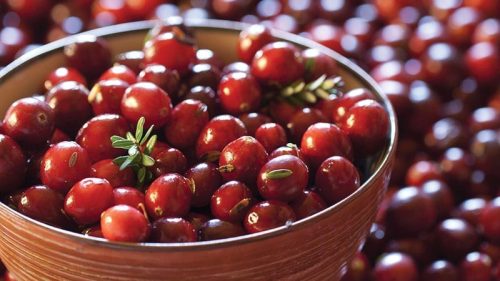In support of innovation and more food choices for consumers, the US Food and Drug Administration (FDA) issued a guidance for industry that describes how firms can voluntarily engage with the FDA before marketing food from genome-edited plants. The guidance reaffirms that the risk-based approach the FDA has taken for foods derived from new plant varieties also applies to foods from genome-edited plants. In addition, this guidance describes two processes through which they may voluntarily inform the FDA of the steps they have taken to ensure the safety of foods from their genome-edited plant varieties: voluntary premarket consultations and voluntary premarket meetings. These processes can help ease the pathway to market for foods from genome-edited plants, while keeping FDA safeguards in place.
Advancements in the field of plant biotechnology are bringing new food products to the marketplace. Such advancements may contribute to helping meet the needs of a growing world population and to helping address food insecurity globally. The FDA works with other US government agencies to regulate products derived from biotechnology-derived plants. This includes products that have been developed using genetic engineering and genome editing.
The FDA’s voluntary premarket Plant Biotechnology Consultation Program enables developers to engage with the agency to determine the appropriate oversight pathways to bring safe, innovative plant-based products to market. Foods from genome-edited plants must meet the same food safety requirements as foods derived from traditionally bred plants.
In this guidance, the FDA continues to recommend voluntary premarket engagement with the agency. The recommended pathway for engagement is based on a food’s risk-based characteristics. The guidance describes two processes through which developers may voluntarily inform the FDA of the steps they have taken to ensure the safety of foods from their new genome-edited plant varieties: voluntary premarket consultations and voluntary premarket meetings. The voluntary premarket meeting pathway is recommended for developers to inform the agency of their foods when a voluntary premarket consultation is not warranted based on the food’s risk-based characteristics. The agency expects this voluntary premarket meeting pathway to take less time than a voluntary premarket consultation, including because the meeting pathway is recommended for foods that are less likely to raise safety questions. The FDA continues to suggest voluntary premarket consultations for foods that have certain risk-based characteristics, as described in the guidance.
This guidance helps to improve the efficiency of the regulatory processes for biotechnology products, as directed by Executive Order 14081, Advancing Biomanufacturing and Biotechnology Innovation for a Sustainable, Safe, and Secure Bioeconomy. This guidance is also consistent with the principles in the 1992 Statement of Policy: Foods Derived from New Plant Varieties (NPV policy).
To Submit Comments
You may submit electronic or written comments about this guidance at any time. Submit electronic comments to Regulations.gov. Submit written comments to the Dockets Management Staff (HFA-305), Food and Drug Administration, 5630 Fishers Lane, rm. 1061, Rockville, MD 20852. All comments should be identified with the docket number FDA-2019-D-4658 and with the title of the guidance.
For More Information
Feed Your Mind: Understanding New Plant Varieties





